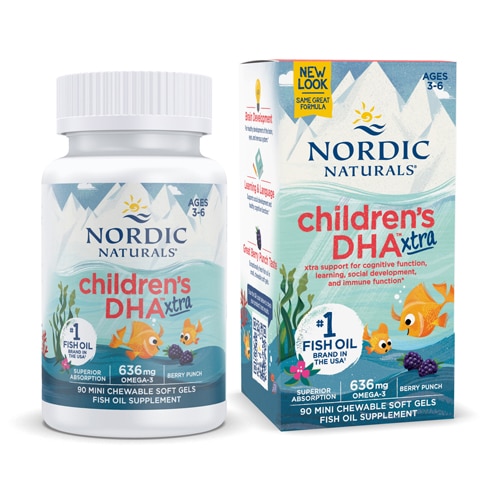 The keto diet involves forcing the body to use fat to burn fat (as opposed to using glucose, which comes from carbohydrates). Keto dieters consume 80% of calories from fat, 20% or less from protein and just 10% or less from carbohydrates. With only 20 to 25 grams of carbs consumed a day, it’s important to meal plan wisely and eat cabs when you need them most.
While the diet can be successful for adults, some wonder – is keto safe for kids? Many children today follow specialty diets, such as plant-based, vegan or gluten-free, especially if they have parents who are following these diets. But, unlike these diets, keto comes with some potential health consequences for kids. Here’s what you need to know.
The keto diet involves forcing the body to use fat to burn fat (as opposed to using glucose, which comes from carbohydrates). Keto dieters consume 80% of calories from fat, 20% or less from protein and just 10% or less from carbohydrates. With only 20 to 25 grams of carbs consumed a day, it’s important to meal plan wisely and eat cabs when you need them most.
While the diet can be successful for adults, some wonder – is keto safe for kids? Many children today follow specialty diets, such as plant-based, vegan or gluten-free, especially if they have parents who are following these diets. But, unlike these diets, keto comes with some potential health consequences for kids. Here’s what you need to know.
Nordic Naturals Children's DHA Xtra Liquid Fish Oil Berry Punch Description
-
Extra Support for Cognitive Function, Learning, Social Development and Immune Function
-
Ages 3-6 / Great Taste!
-
636 mg Omega-3
-
Superior Triglyceride Form
-
Non GMO Verified
-
Supports brain development, cognition, and learning in a higher-dose chewable soft gel, or a tasty liquid.* A new concentrate for children who don't eat enough fish, this formula provides three times the omega-3 DHA as our original Children's DHA product for extra support for cognitive health.*
-
636 mg total omega-3s (per 3 soft gels); 880 mg total omega-3s (per 1.25 mL liquid)
-
High-potency omega-3 concentrate for children
-
Choose from liquid, or easy-to-chew mini soft gels
-
Supports healthy brain, eye, and nervous system development*
-
Promotes healthy cognitive function and social development*
-
Great berry punch taste!
Nordic Naturals is the #1 selling fish oil brand in the US with over 150 products in a variety of formulas, formats, flavors, and doses to meet everyone's nutritional needs. From ingredient sourcing and product creation, to shipping and customer care, superior quality is how we always deliver the best essential nutrients. Our products are grounded in science, formulated with care, and responsibly sourced for your family’s health and peace of mind.
-
Brain Development*
-
Brain Function*
-
Learning*
-
Non-GMO Tested
-
3rd Party Tested
-
Friend of the Sea Certified Sustainable
-
Fish Oil
-
Omega-3 DHA
-
Superior Quality
-
Made with Integrity
-
Product Transparency
Suggested Use: Soft gels for ages 3-6 years, three soft gels daily, with food, or as directed by your health care professional. Soft gels can be chewed or swallowed.
Liquid for ages 1-6 years, serve 1.25 mL with food, or as directed by your pediatrician. Clean dropper thoroughly between each use, especially if dropper contacts child's mouth. Best if used within 3 months after opening. Refrigerate after opening."
*These statements have not been evaluated by the Food and Drug Administration. This product is not intended to diagnose, treat, cure, or prevent any disease.
| Amount Per Serving | % Daily Value | |
| Calories | 5 | |
| Total Fat | 1 g | 2% |
| Saturated Fat | 0 g | |
| Trans Fat | 0 g | |
| Total Omega-3s | 636 mg | * |
| EPA (Eicosapentaenoic Acid) | 165 mg | * |
| DHA (Docosahexaenoic Acid) | 375 mg | * |
| Other Omega-3s | 96 mg | * |
Less than 5 mg Cholesterol per serving
*Daily value not established.
Consult with your physician before using this product if you are allergic to iodine, or use blood thinners.



